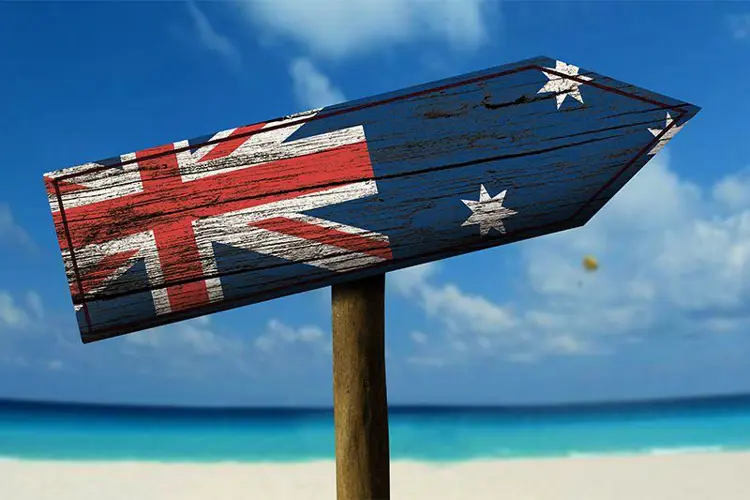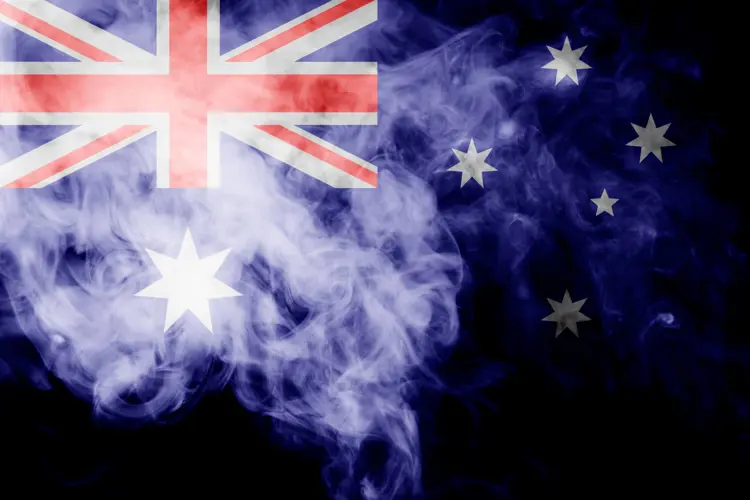A lawyer representing vape shops charged with selling flavored products in the Canadian province New Brunswick says he will mount a constitutional challenge to a 2021 provincial ban on flavored vapes.
Canadian federal and provincial laws must conform to Canada’s Constitution, including its Charter of Rights and Freedoms, or are subject to challenge. The possibility of overturning Canadian flavor bans on human rights grounds has been proposed before, but has not been tested in court.
Vape shops facing charges will challenge the law
Criminal defense lawyer Adrian Forsythe entered a not guilty plea on behalf of New Brunswick retailer East Coast Vape last week, and announced he would file “a notice of constitutional challenge” in the case, according to the Fredericton Independent, an online news service based in the provincial capital Fredericton.
East Coast Vape faces charges of selling flavored products at its Oromocto store in December—a violation of New Brunswick’s Tobacco and Electronic Cigarette Sales Act. Forsythe also entered a not guilty plea last week in provincial court on behalf of Vapecity Enterprises, also charged with violating the 2021 law.
Forsythe told the Independent his law firm Gorham Vandebeek LLP also represents other clients accused of violating the same law, and he expects to use the same defense for them. The cases involving defendants represented by Gorham Vandebeek have all been adjourned to May 3 to set trial dates, according to the Independent.
Reducing vaping's appeal may violate the constitution
The Canadian Constitution Foundation issued a report in 2020 suggesting possible grounds for constitutional challenges against vaping laws in Canada. The author, Dr. Leonid Sirota, a professor of law at the Auckland University of Technology Law School, suggested that flavor bans and nicotine strength limits could violate the Charter because they reduce the effectiveness of vaping as a harm reduction tool.
“These regulations are meant to protect non-smokers from vaping as potentially dangerous in itself and, worse, a possible gateway to smoking,” wrote Sirota. “However, it risks inflicting serious harm on current smokers, for whom vaping can be an important, and often the most effective, harm-reduction technique.”
Diminishing vaping’s appeal to people who smoke, said Sirota, could violate the right not to be deprived of life, liberty, and the security of the person, which is protected by section 7 of the Charter.
A civil lawsuit (unrelated to the cases described above) challenging New Brunswick’s flavor ban on those grounds was filed in 2021, according to the Fredericton Independent. The plaintiffs in that lawsuit failed to convince the court to grant an injunction while the case is argued, and no trial date has yet been scheduled.
Five Canadian provinces have active flavor bans
New Brunswick banned the sale of flavored vaping products (except tobacco flavor) in 2021. Three other provinces or territories—Nova Scotia, Prince Edward Island, and the Northwest Territories—have similar bans in place. Nunavut has passed a ban, but it has not yet been implemented.
Last week, Quebec—Canada’s second-most populous province—published draft rules banning non-tobacco-flavored vaping products. The rules will take effect 90 days after publication, unless a public consultation convinces the provincial health ministry to reconsider.
Three other provinces—British Columbia, Ontario and Saskatchewan—restrict the sale of flavored products to adult-only stores like vape shops.
The Freemax REXA PRO and REXA SMART are highly advanced pod vapes, offering seemingly endless features, beautiful touchscreens, and new DUOMAX pods.
The OXVA XLIM Pro 2 DNA is powered by a custom-made Evolv DNA chipset, offering a Replay function and dry hit protection. Read our review to find out more.
The SKE Bar is a 2 mL replaceable pod vape with a 500 mAh battery, a 1.2-ohm mesh coil, and 35 flavors to choose from in 2% nicotine.
Because of declining cigarette sales, state governments in the U.S. and countries around the world are looking to vapor products as a new source of tax revenue.
The legal age to buy e-cigarettes and other vaping products varies around the world. The United States recently changed the legal minimum sales age to 21.
A list of vaping product flavor bans and online sales bans in the United States, and sales and possession bans in other countries.

















